A food health inspector averages around $67,000 per year to help ensure we can enjoy our food safely and securely. From plants where food is processed down through warehousing and storage to the end of the line at stores and restaurants, an inspector has to make sure safety and sanitation guidelines are being met. And in an ideal world, their jobs would be easy and they’d never run afoul of anything that makes your skin crawl and your stomach turn. But that’s not always the case.
10. Roadkill Deer Carcass in a Mexican Restaurant

There are over a million deer-related accidents per year in the United States. Your odds of hitting a deer with your car are fairly high if you live in a region where the animals are common. These can be very dangerous accidents for humans, and even worse for the deer. But have you ever wondered what happens to a deer after it’s been hit by a car?
In many states, the Department of Transportation is responsible for clearing roadkill. Of course, sometimes it’s devoured by scavengers. And, once in a very rare while, roadkill is picked up by humans. More than one person has figured it’d be a shame to waste the animal, so they took it home. And that may seem off-putting to some, but it’s not a lot different from hunting, especially if it’s just for personal consumption. But what about if you own a restaurant?
In Greencastle, Indiana, employees of La Charreada restaurant were cited by health inspectors after an electrician working on site notified authorities about a deer carcass in the kitchen. The deer had been killed by a car. When inspectors arrived, they found employees gathered around the gutted, headless deer on the floor which, of course, had never been inspected by any health officials.
The employees were fired, but the owner maintained that the deer was never going to be served to customers. An employee was just storing it until they could bring it home. Inspectors say the animal was being butchered and meat had already been cut off.
How did the deer get there in the first place? A friend of the fired employee from the Department of Natural Resources delivered it.
9. Live Turtle in a Restaurant Sink
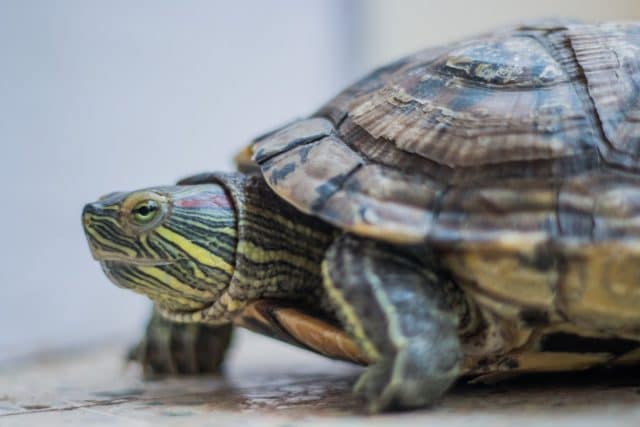
There aren’t a lot of instances when having a live animal at a business is considered acceptable. Some jobs let you bring your dog, but that’s still pretty rare. And no restaurant is allowed to have animals in the food prep area because of course not. So when inspectors found a live turtle in the sink of a Kentucky restaurant, it didn’t go over well.
The turtle was apparently a pet, so at least it wasn’t going to end up on the menu, but turtles are also notorious carriers of salmonella and should never be near food prep areas. Also, the restaurant was found to have a faulty cooling unit and food being stored on bunk beds. People were living in the restaurant and employees were found to not be washing their hands before food preparation. It was automatically shut down as a result.
8. Chinese Restaurants Seasoned Food with Opium

Any good dish needs to have the right balance of seasoning. Even if it’s just salt and pepper, if you don’t nail it, the whole dish can be thrown off. But typically you want to make sure that whatever you season with, whether it be Mrs. Dash or ras el hanout, it’s a real seasoning and not, say, a serious and illegal narcotic.
Officials in China cracked down on a number of restaurants that were found to be seasoning their food with opium. Thirty-five restaurants were accused in 2016 and it had happened several years earlier as well. The restaurants used opium poppies, not straight opium, which contain trace amounts of the drug. The thinking is that a little bit of opium would get you hooked on the restaurant’s food, so you’ll want to keep going back. At least one owner claimed they had been duped and didn’t knowingly buy the illegal seasoning.
7. The Dirtiest Restaurant in the World
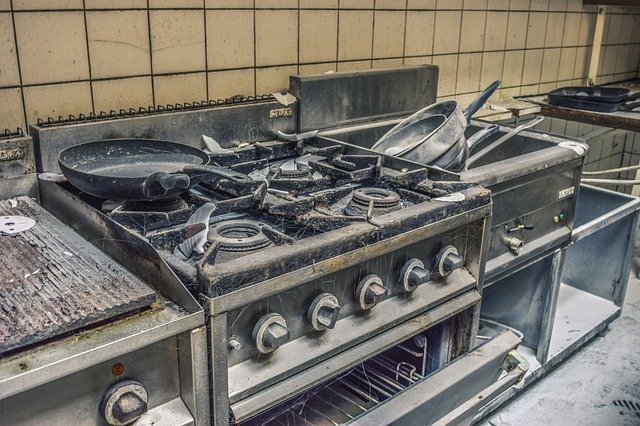
If a newspaper article refers to a place as the “world’s dirtiest restaurant” you can probably assume nothing good is happening there. That was the moniker given to Zorba’s Greek Taverna in Bayswater in the UK. Among the numerous discoveries made by health inspectors were cockroaches, mouse droppings, rat hairs and what were called “sewage flies” living their best lives, upgraded from the sewer to the restaurant’s tahini. Raw meat was stored on the floor. Even the microwave was caked in grease.
So egregious were the problems at the restaurant that the owner was banned from ever owning a restaurant again. He’s been given multiple chances and, in fact, had been closed multiple times in the past. He was fined thousands of dollars, but the final inspection was the last straw for a judge who pointed out that clearly the man had no intention of ever cleaning up his act.
6. Aussie Restaurant Was Caught Processing Lower Grade Meat
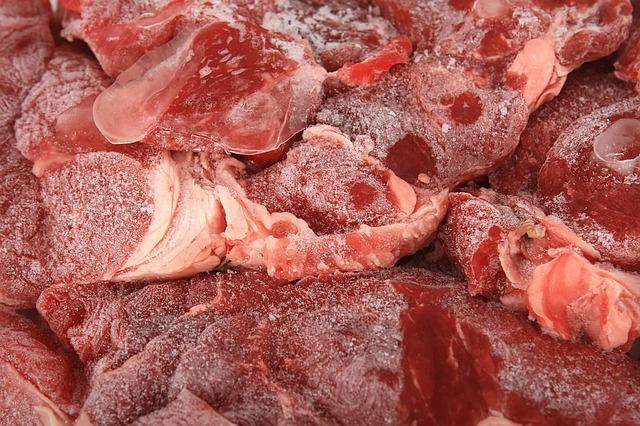
You have a lot of choices when you go out for meat. Beef, chicken, and pork have been staples for years. Then you can get a little more exotic depending on where you live with things like duck or lamb, or really exotic with alligator or kangaroo. But you know what all of those meats have in common? We take it for granted they were intended for human consumption.
A restaurant in Australia was hit with fines of $14,000 when inspectors discovered the meat they were using was not actually human-grade meat. In fact, it was meant for pet food.
There were 15 kilograms of mutton on site in bags that literally said “Pet meat – not for human consumption” on them. The owner was in the middle of processing said meat when he was caught, but there was no evidence that it had been served to customers. He took to Facebook to blame his supplier and thanked health inspectors for ensuring no customers accidentally consumed the meat, which, again, was clearly labeled.
5. A Canadian Dentist That Wasn’t Sanitizing Equipment Properly
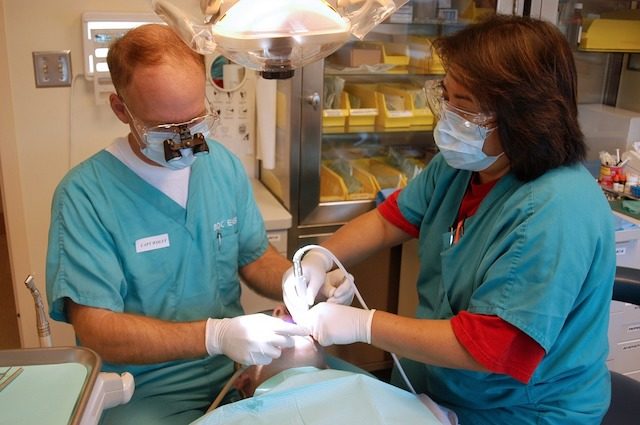
Restaurants aren’t the only businesses that need to keep up with sanitation and hygiene. A dentist needs to make sure they’re meeting those requirements as well. Just imagine if your dentist wasn’t cleaning their tools between patients and they started digging in your mouth with all those instruments that were still dirty from the last patient’s mouth. If you can’t imagine, don’t worry, it already happened for real.
A dentist in Canada was shut down in 2017 after a patient developed an infection. Inspectors went to the business and discovered that equipment was not being properly sanitized. This caused public health officials to send a letter to about 3,600 former patients informing them that, just to be safe, they should get HIV and hepatitis tests. The risk was considered low, but it was still a possibility. That, in turn, led to a class action lawsuit against the dentist.
4. Santa Monica Restaurant was Serving Whale and Horse Meat

For a myriad of reasons, certain foods are more culturally acceptable than others. In the West, for instance, we often reject the idea of eating whale and horse in particular. Whales of many species are endangered and they’re also regarded as highly intelligent, something most people use as a reason to not kill an animal. Horses have a long history as pets and work animals, not to mention the drugs and other substances many of them are given.
A trendy restaurant in Santa Monica was shut down after some undercover work from a documentary film crew. A server offered them whale and horse meat at a cost of $85 a serving. The meat was taken to a lab and identified as coming from sei whales, which is illegal in America.
Federal investigators raided the restaurant later and inspected the kitchen. The chef was hit with $27,000 in fines and put on probation for a year.
3. Bottled Urine Found in Saudi Restaurant
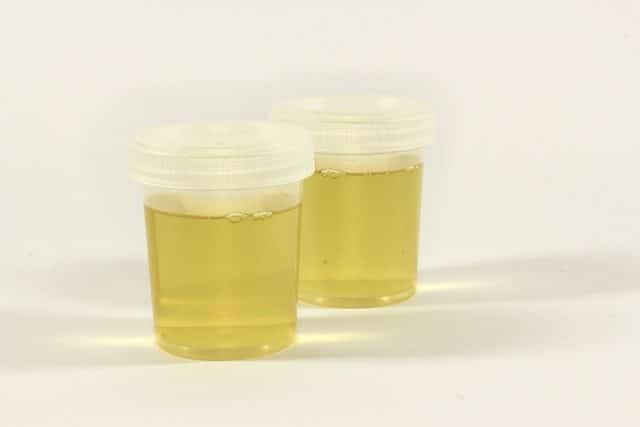
By now, most of us have heard the stories of Amazon employees who get no break time and are forced to urinate in bottles. The company even had to issue an apology after denying it happened when presented with plenty of evidence that it did happen. And that was a serious labor problem that’s still being sorted out.It seems unlikely a restaurant, where conditions are far less down to the minute, could suffer the same issues. Especially since restaurants typically have bathrooms right on site. And yet here we are.
A Saudi Arabian restaurant was shut down by health inspectors after they discovered bottled urine on a shelf. Employees were arrested as a result and images were shared online. In addition to pee bottles, one employee was found to be working with a wound on their hand while another had no safety certification. This all stemmed from a customer complaint about their food being “unfit for human consumption.”
2. Chef Spit in a Customer’s Meal
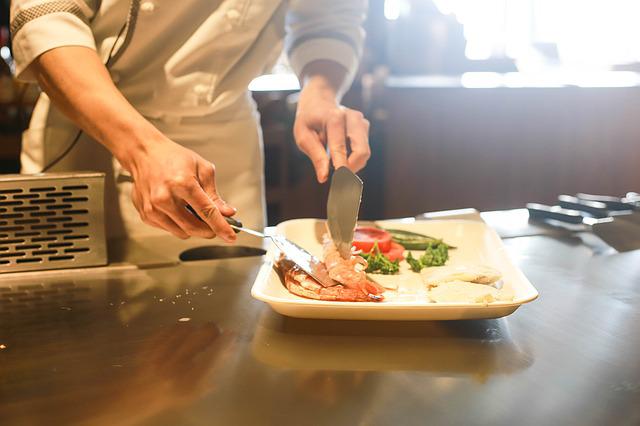
No one wants to go out to eat and end up with food that’s undercooked or poorly seasoned. But as a customer, it’s your right to expect the food you pay for to be done the way you asked, and you can send it back and ask for it to be done right. But have you ever had that lingering fear that you might offend the chef and he’ll sabotage your new dish? Obviously, no chef with scruples would. But what about an unscrupulous chef?
Sometimes health inspectors only get called in after someone else made a noteworthy observation, which is what happened in Budd Lake, New Jersey. That was where a customer sent their meal back to be cooked longer and the chef was observed spitting right into the meal. He was fired, but the damage was already done.
The local health inspector was called in after the factor and gave the restaurant a tentative pass. Other violations were found, but they were allowed to stay open and given a week to fix things.
1. Family Dollar’s Rat Problem Cost the Company Millions
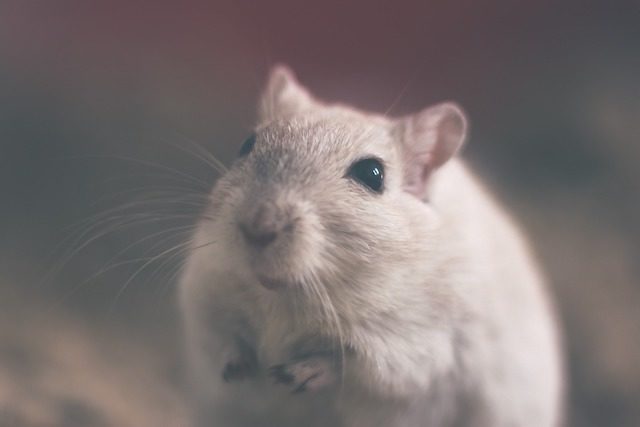
Like any good discount store, Family Dollar is known for offering basic and staple items at a more or less discounted price. This includes a lot of shelf stable groceries and frozen items. Unlike a lot of good discount stores, they’re not always on top of their health and safety game if results of recent inspections are any indication.
After the FDA inspected Family Dollar warehouses in 2021, they discovered a nearly apocalyptic rat-themed horror movie in the making that ended up costing the company $34 million to fix in terms of cleaning, lost inventory and more. And that was just at one warehouse.
In January 2022, an Arkansas warehouse was fumigated, which resulted in exterminators cleaning out 1100 rat carcasses. Between March and September 2021, maintenance crews had already captured an additional 2,300. FDA officials found dead ones on conveyor belts, watched live ones rummaging through shelves of food and eating their way into packages before they got shipped to stores, and gave up on counting the number of droppings.
A break room and the inventory control center in the warehouse were no longer in use by employees because the smell of rat urine in those rooms was so bad no one could go in them. But don’t worry, the rats weren’t alone because inspectors also found ant hills and birds in the warehouse.
Over 400 stores across the country were forced to close temporarily because the products were deemed unsafe to sell to consumers.
1 Comment
This is one of the reasons I don’t eat at ethnic restaurants. Hygiene isn’t high on their list of priorities in far too many places.